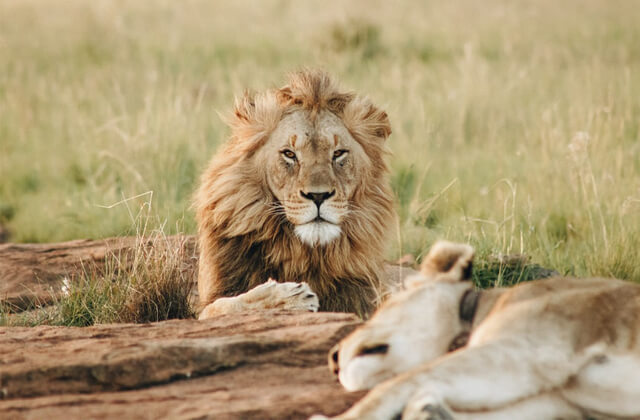Backpacking is more than just a way of travel; it’s a lifestyle, an approach to exploring the world that emphasizes independence, self-sufficiency, and a deep connection with the places visited. Whether through the rugged mountains of Patagonia, the bustling streets of Bangkok, or the serene beaches of Bali, backpacker traverse the globe, often on a budget, carrying everything they need in a single backpack. This form of travel has grown in popularity over the years, appealing to those who seek authentic experiences and meaningful connections with both people and places. In this article, we’ll delve into what it means to be a backpacker, the key aspects of backpacking, and the profound impact it can have on one’s life.
The Essence of Backpacking
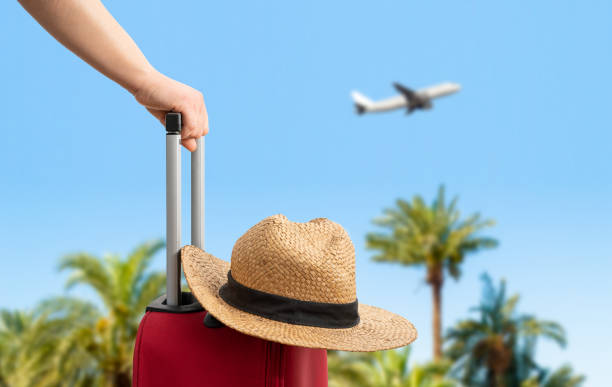
1. The Spirit of Adventure
At its core, backpacking is about adventure. It’s about stepping out of one’s comfort zone, embracing the unknown, and being open to whatever the journey may bring. Unlike traditional vacations where itineraries are often fixed and comfort is prioritized, backpacking thrives on spontaneity. The freedom to change plans on a whim, to take the road less traveled, or to stay longer in a place that captivates the heart, are hallmarks of this style of travel.
2. Minimalism and Simplicity
Backpacking is synonymous with minimalism. Everything a backpacker needs is carried on their back, often in a pack that weighs no more than 15-20 kilograms (33-44 pounds). This means making thoughtful choices about what to bring and what to leave behind. The simplicity of having only the essentials fosters a sense of freedom and mindfulness. It encourages backpackers to focus on experiences rather than material possessions, and to appreciate the small comforts of life, like a warm meal or a good night’s sleep in a hostel bed.
3. Budget Travel
One of the defining characteristics of backpacking is traveling on a budget. Backpacker often seek out the most cost-effective means of transportation, accommodation, and dining. They may stay in hostels, couch-surf, or even camp to save money. Budget travel doesn’t just make backpacking accessible to more people; it also leads to unique experiences that might not be available to those who travel in luxury. Sharing a dorm room with fellow travelers, eating street food, and taking local buses instead of tourist shuttles all contribute to a more immersive and authentic travel experience.
4. Cultural Immersion
Backpacker often prioritize cultural immersion over sightseeing. They seek to understand the local way of life, interact with residents, and learn about the traditions and customs of the places they visit. This might involve staying with a local family, volunteering in a community project, or simply spending time in local markets and cafes, engaging in conversations with locals. Through these experiences, backpacker gain a deeper understanding and appreciation of the diversity and richness of the world’s cultures.
Read More: https://tripnock.com/google-travel-the-game-changer-for-your-next-adventure/
The Practical Side of Backpacking
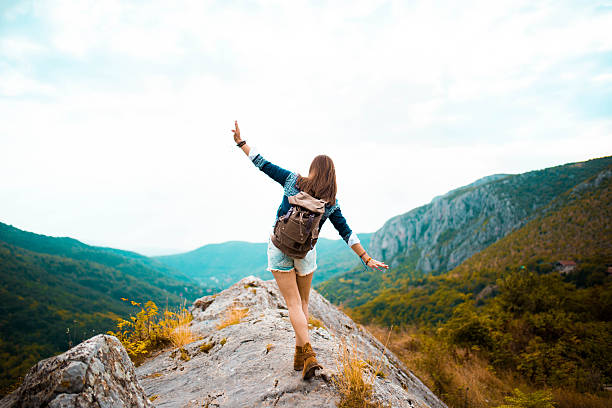
1. Choosing the Right Gear:
Selecting the right gear is crucial for a successful backpacking trip. The backpack itself is perhaps the most important piece of equipment. It should be comfortable, durable, and just the right size to carry all the essentials without being too heavy. Clothing should be versatile and suitable for various weather conditions, with an emphasis on layers that can be added or removed as needed. A good pair of hiking shoes, a compact sleeping bag, a lightweight tent (if camping), and a first-aid kit are also essential items. Additionally, many backpacker carry a travel journal, a map or guidebook, and a camera to document their journey.
2. Planning and Flexibility:
While spontaneity is a key aspect of backpacking, some planning is still necessary. Researching destinations, understanding visa requirements, and having a general idea of the route are important steps in preparing for a trip. However, flexibility is equally important. Plans may change due to weather, local events, or simply a desire to stay longer in a place that resonates with the traveler. Successful backpacker strike a balance between having a plan and being open to changes.
3. Safety and Health:
Backpacking, especially in remote or unfamiliar regions, comes with risks. It’s important for backpackers to prioritize safety and health. This includes getting the necessary vaccinations, carrying a well-stocked first-aid kit, and being aware of local health risks such as waterborne diseases or altitude sickness. Additionally, being cautious with food and water, avoiding unsafe areas, and staying informed about local laws and customs can help prevent accidents and illnesses. Many backpacker also invest in travel insurance that covers medical emergencies, trip cancellations, and lost or stolen belongings.
The Backpacker Mindset
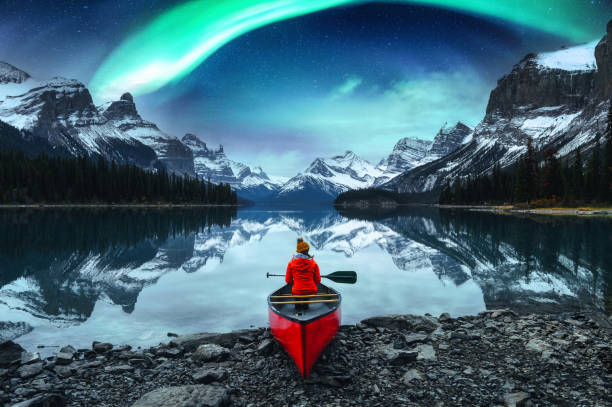
1. Openness to New Experiences:
Backpackers often travel with an open mind, ready to embrace new experiences and challenges. This mindset allows them to adapt to different cultures, make friends with people from all walks of life, and find joy in the unexpected. Whether it’s trying unfamiliar foods, learning a few phrases in the local language, or participating in a traditional dance, backpacker are often eager to dive into new experiences headfirst.
2. Resilience and Problem-Solving:
Traveling with just a backpack requires resilience and problem-solving skills. Whether it’s dealing with missed connections, navigating foreign cities without knowing the language, or figuring out how to stretch a tight budget, backpacker often face challenges that require quick thinking and adaptability. These experiences not only make for great stories but also build confidence and resourcefulness.
3. Respect for Nature and Cultures:
Respect is a fundamental value for backpacker. They often travel with a strong sense of responsibility toward the environment and the cultures they encounter. This might mean practicing Leave No Trace principles while hiking, supporting local businesses, or being mindful of cultural norms and practices. Many backpacker also seek out eco-friendly and sustainable travel options, such as staying in eco-lodges or participating in conservation projects.
Read More: https://tripnock.com/last-minute-flight-deals-how-to-snag-the-best-bargains/
The Impact of Backpacking
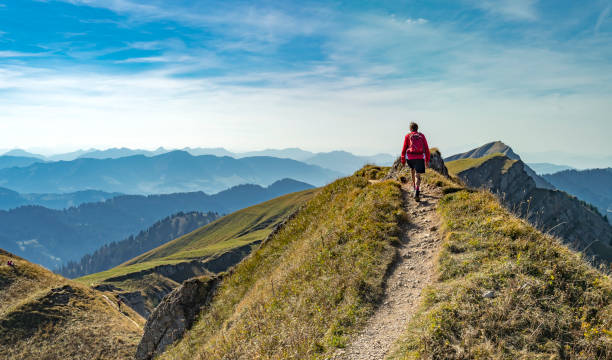
1. Personal Growth:
Backpacking can be a transformative experience. It challenges individuals to step out of their comfort zones, face new challenges, and grow in ways they might not have imagined. Many backpacker return home with a greater sense of self-reliance, confidence, and an expanded worldview. The experiences gained through backpacking often lead to a deeper understanding of oneself and the world.
2. Building Connections:
One of the most rewarding aspects of backpacking is the connections made along the way. Whether it’s forming lifelong friendships with fellow travelers or sharing a meaningful exchange with a local resident, these connections often leave a lasting impression. The shared experiences, stories, and challenges create bonds that transcend cultural and geographical boundaries.
3. A Lasting Wanderlust:
For many, backpacking ignites a lifelong passion for travel. The thrill of discovery, the beauty of the world’s landscapes, and the richness of its cultures often leave backpacker with a sense of wanderlust that continues long after the trip has ended. This desire to explore and learn about the world often influences other aspects of life, inspiring future travels, career choices, and personal values.
Conclusion
Backpacking is much more than a way to see the world; it’s a journey of self-discovery, cultural immersion, and personal growth. It fosters a sense of adventure, resilience, and an appreciation for simplicity and connection. Whether you’re a seasoned traveler or someone considering their first backpacking trip, the experience promises to be both challenging and rewarding. The lessons learned and memories made while backpacking often stay with travelers for a lifetime, shaping their perspectives and enriching their lives in countless ways.
FAQ: Backpacking
1. What is backpacking?
Backpacking is a form of travel that emphasizes independence, self-sufficiency, and minimalism. It typically involves carrying all essential items in a backpack, traveling on a budget, and embracing spontaneity and cultural immersion. Backpackers often seek authentic experiences and prioritize adventure over luxury.
2. How do I start backpacking?
Starting as a backpacker involves planning your trip, choosing the right gear, and embracing a mindset of adventure and flexibility. Begin by researching destinations, understanding visa requirements, and creating a general itinerary. Invest in a good-quality backpack and pack only essential items. Be prepared to adapt and change plans as you go.
3. What should I bring on a trip with a rucksack?
For a backpacking trip, pack light and focus on essentials. This includes clothing suitable for various weather conditions, a comfortable backpack, sturdy shoes, a compact sleeping bag, a first-aid kit, and basic toiletries. Other useful items might include a map or guidebook, a travel journal, a reusable water bottle, and a lightweight tent if you plan to camp.
4. How do I travel on a budget while backpacking?
Traveling on a budget involves seeking out cost-effective options for accommodation, transportation, and food. Consider staying in hostels, couch-surfing, or camping. Take public transit and dine at street food stands or local markets. Planning your budget in advance and sticking to it can help you manage your expenses.
5. Is backpacking safe?
Backpacking can be safe if you take necessary precautions. This includes researching your destinations, understanding local customs, and being aware of potential health risks. Carry a first-aid kit, get necessary vaccinations, and avoid unsafe areas. It’s also a good idea to invest in travel insurance that covers emergencies, medical issues, and lost belongings.

